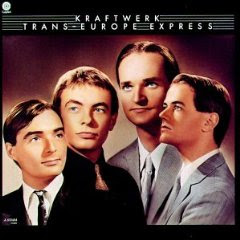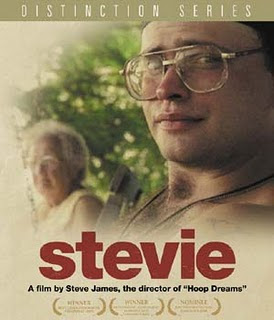USA, 96 minutes, animated
Directors/writers: Pete Docter, Bob Peterson
Production companies: Disney/Pixar
Music: Michael Giacchino
Cast: Edward Asner, Christopher Plummer, Jordan Nagai, Bob Peterson
I can't claim any special insights into Pixar and all that it may or may not have done for the art and industry of animation. People everywhere get wacky for this stuff and then (the most encouraging sign, I think) cite all different titles as the place to start and/or best of all. But I've only seen a few of them—Toy Story, Ratatouille, this. And I didn't see this in 3-D. Heck, I didn't even recognize Ed Asner's voice until the credits ran. The ones I've seen all seem to have in common that they are marked by a glowing attractiveness and that they work on a kinetic level, transcending the usual problems of feature-length animated films related to something like suspension of disbelief or a general lack of engagingness. But, honestly, here's what I liked best about Up: It's funny. I mean really funny—laugh-until-I-hurt funny. And the funny comes from one of the most suspect sources of all: pet humor. That's right, on this you're going to have to take the word of a person who frequently visits and laughs very hard at icanhascheezburger.com and has even been known to forward some of it along to loved ones who never really ask for such things. Yes, the opening montage is a lovely swirling example of summary storytelling at its best, animated or otherwise. Yes, the story is captivating throughout. Yes, the action sequences are nigh on to spectacular. All that, yes. Even so, it's those dogs that are killing me here.

















